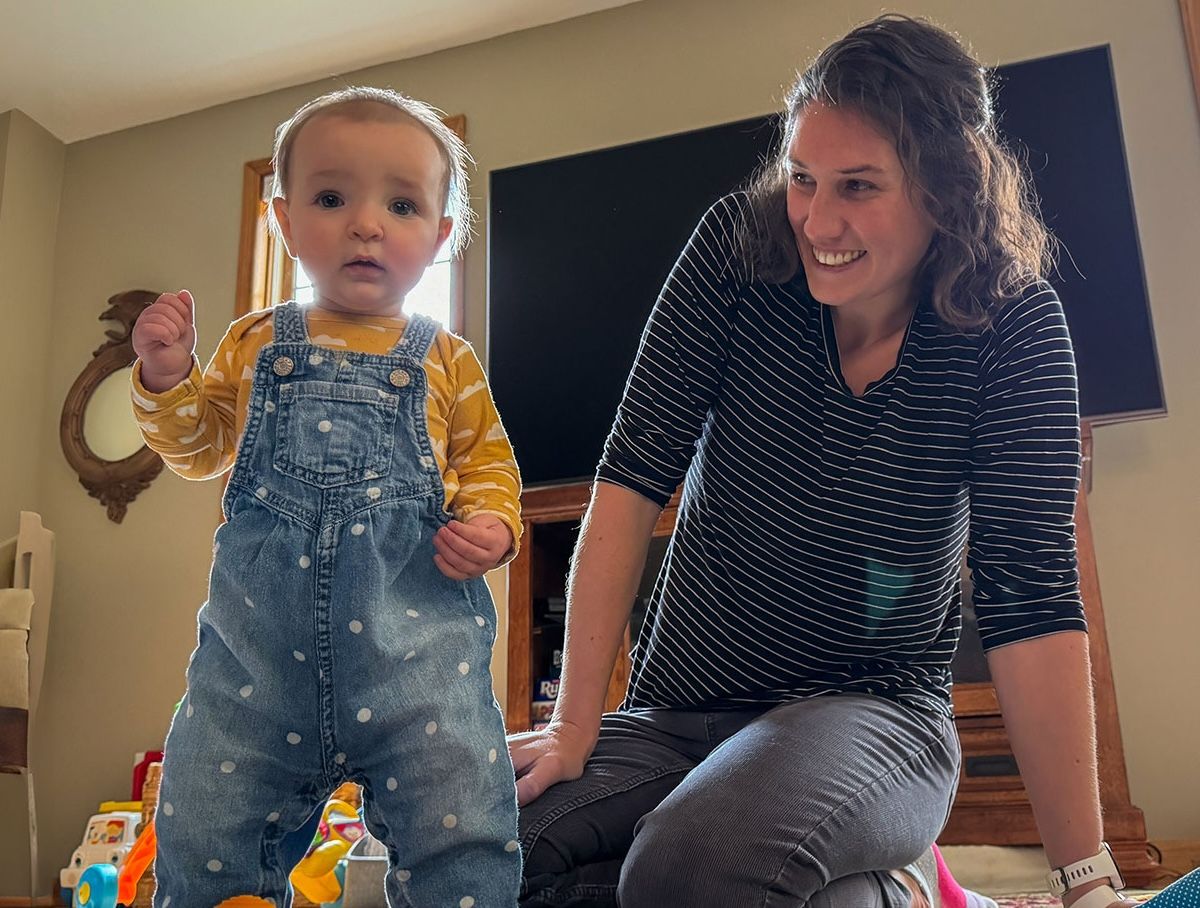Cancer survival rates are typically discussed in terms of 5-year relative survival, which means the proportion of patients alive five years after their diagnosis. Keep in mind that statistics like these are based on large groups of people and cannot predict what might happen with an individual patient.
In addition, the most current national data is from patients diagnosed between 2017 and 2021, which doesn’t reflect the impact of the latest treatment advances that patients who are diagnosed today may benefit from.
In the United States, overall, 5-year survival among people diagnosed with leukemia is 67%. However, these statistics vary greatly according to the specific subtype of disease:
- Chronic lymphocytic leukemia (CLL) 5-year survival rate is 88.5%.
- Acute lymphocytic leukemia (ALL) 5-year survival rate is 72%.
- Chronic myeloid leukemia (CML) 5-year survival rate is 70%.
- Acute myeloid leukemia (AML) 5-year survival rate is 31.9%.
- Acute monocytic leukemia (AML-M5) 5-year survival rate is 28.1%.
Learn more leukemia statistics from the National Cancer Institute.
What Roswell Park does to maximize your survival
We start by providing the most accurate diagnosis of the leukemia subtype as quickly as possible. Our hematopathologists are specifically trained to make these difficult and sometimes challenging diagnoses, and with on-site state-of-the-art diagnostic laboratories, we get results within days. Other highlights of Roswell Park care that contribute to survival:
- Stem cell transplant evaluation. We evaluate our patients for stem cell transplant (formerly called bone marrow transplant), a possible curative option, to determine whether preliminary testing and donor search should begin. Not everyone will need a stem cell transplant, but if you do, our team can act quickly.
- Chimeric antigen receptor (CAR) T-cell therapies. We are an authorized treatment center for all FDA-approved CAR T-cell therapies. In addition, we are opening trials of next-generation CAR T-cell therapies that bind to different targets this year.
- Latest groundbreaking new drugs and technologies. We consider ALL available options for you, including the latest treatments in clinical trials. Choosing to enroll in a clinical trial is entirely up to you.
- Dedicated, immune protected inpatient hospital unit and specialized outpatient clinic.

